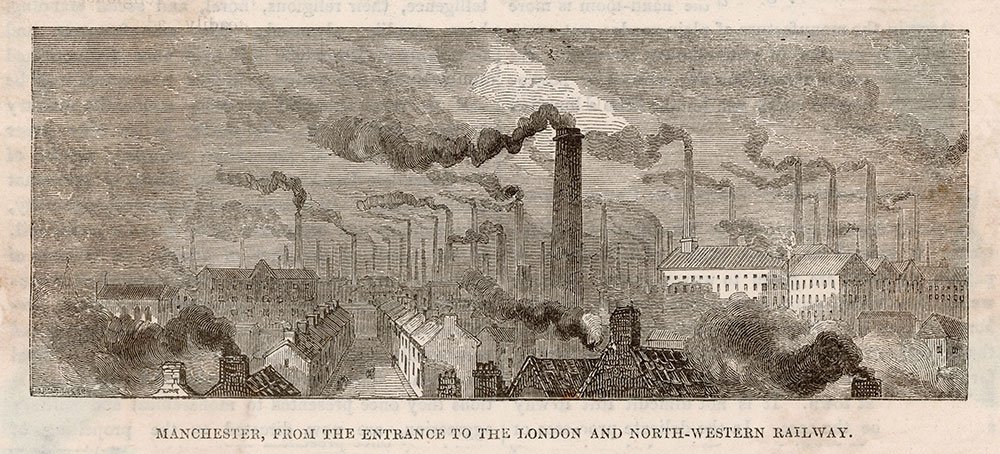ENGL 332/AA (Fall 2025): STUD/19TH-CENTURY BRITISH LIT
LITERATURE(S) OF THE "VICTORIAN PERIOD"
In 1831, at the dawn of what has come to be known as the Victorian era, Thomas Carlyle wrote: "Never since the beginning of Time was there...so intensely self-conscious a Society. Our whole relations to the Universe and to our fellow-man have become an Inquiry, a Doubt." Already, the Victorians were defining themselves as a historical period of thought and culture. In this course we will study some of the most canonical works of British poetry, fiction, and non-fiction prose that have been used to define "Victorian" (1832-1901) as a period of literary history, alongside works from a broader global frame that offer new perspectives on what Victorian literature was, and what it can teach us today. This approach will allow us to ask questions about the different kinds of "Victorian" worlds we might conjure through literary study (English and Anglocentric, imperial, settler-colonial, etc.). We will study Victorian texts as formal aesthetic objects intertwined with ideas and social phenomena concerning class and industrial relations; the position of women in society; science, technology, and media; race, empire, and national identity; education; and the conception of literature in a commodity culture, among other frames. We will also consider the theoretical and practical implications of studying literature through the lens of periodization, and what it means to think about "Victorian" as a literary category, situated between the Romantic and Modernist periods. Our approach will be both textual and contextual, combining lectures and substantial class discussion. Some of the authors to be considered will include Carlyle, Mill, Barnes, Hood, Tennyson, Darwin, Gaskell, Dickens, Engels, Browning, C. Rossetti, Ruskin, Arnold, Pater, Morris, Wilde, Stevenson, Hopkins, Johnson / Tekahionwake, and Ghandi.


